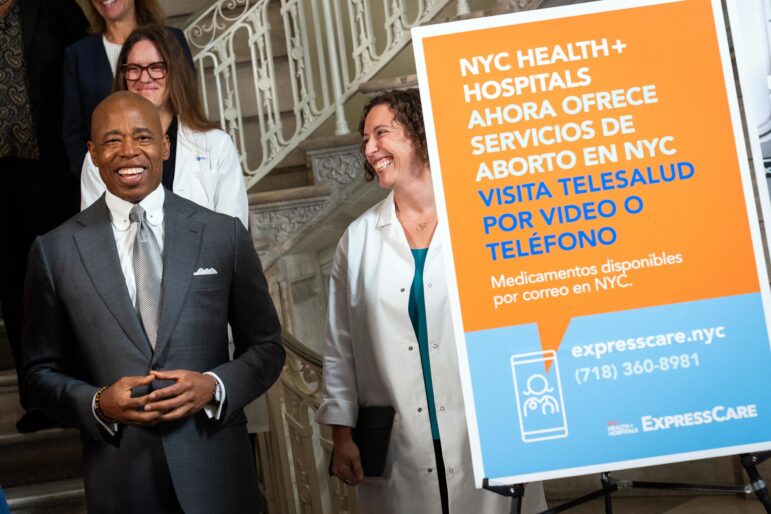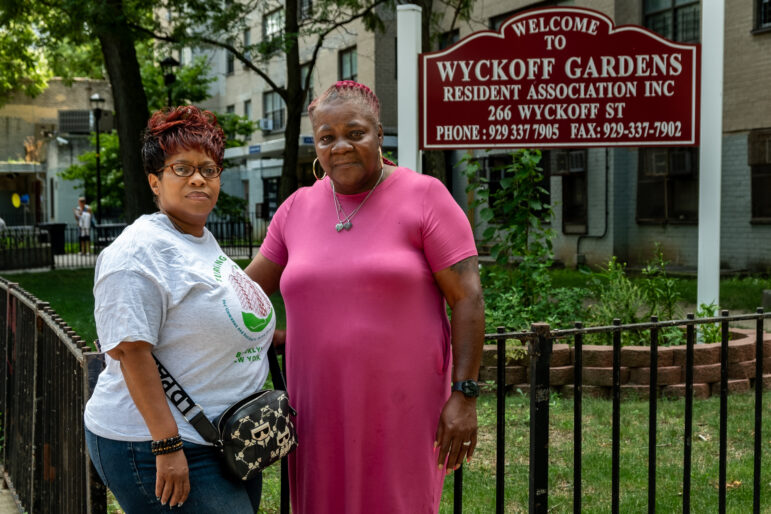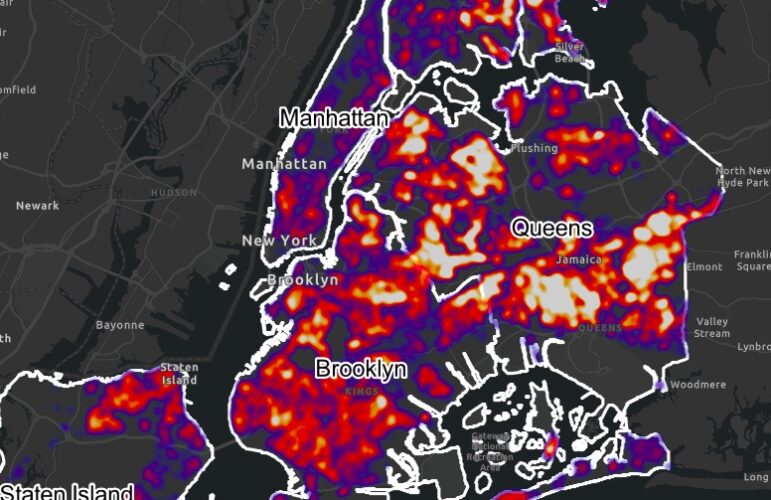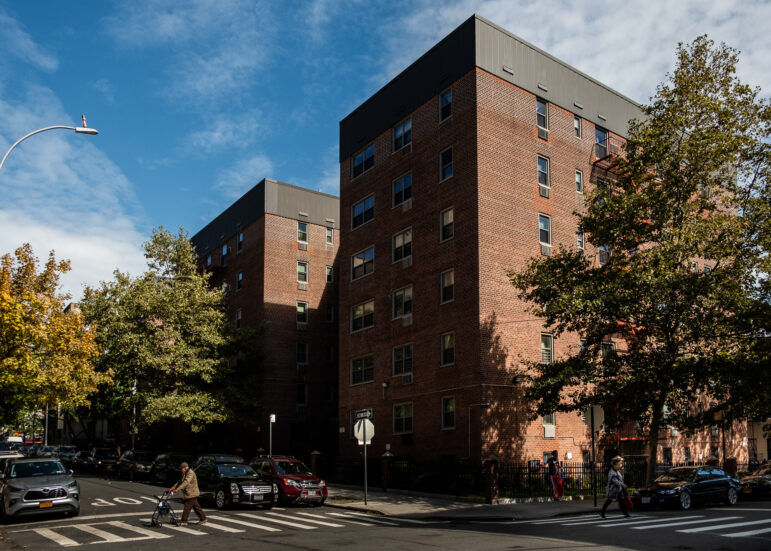Amid the barrage of bad budget news that came out last week was a prediction from the state comptroller’s office that the city’s Medicaid costs will skyrocket over the next few years.
In a critique of the Bloomberg administration’s four-year financial plan released last week, Comptroller H. Carl McCall said that the city’s projections don’t sufficiently take into account likely hikes in Medicaid costs. The difference is big, the comptroller’s staff says–at least several hundred million dollars each year. They predict the city’s share of Medicaid expenses–the federal government pays half; the state and city each pay a quarter–will increase to $3.8 billion this year from $3 billion last year. By 2004, the report says, Medicaid costs could be more than 14 percent of the city’s total budget, up from about 9 percent last year.
Several factors are driving Medicaid costs upward, health and budget experts say. One is simply the increasing cost of medical care, particularly prescription medication. In addition, the deal reached between health care union 1199/SEIU and Governor Pataki in January to raise health care workers’ salaries could run the city as much as $52 million this year, according to the Independent Budget Office. The governor’s plan calls for raising Medicaid rates to help pay for those wage hikes.
And Medicaid enrollment has gone up. For the first time ever, the number of city residents enrolled in the program exceeded 2 million in April, an increase of more than 400,000 since last September. The vast majority of that increase was the 380,000 New Yorkers who enrolled in Disaster Relief Medicaid, a program created by Pataki in the wake of September 11 that shrunk the typically complex Medicaid application process from eight pages to one. (The number of enrollees could shrink because the disaster relief program expires in October and only about half of its participants have met with city caseworkers to see if they are eligible for regular Medicaid.)
If it means more New Yorkers are insured, however, some health experts argue rising Medicaid costs should not be seen as bad news. Increased Medicaid enrollments could actually save the city money, said Assemblymember Richard Gottfried, chair of the state Assembly’s health committee, since it’s likely that newly insured patients formerly sought care from the city’s Health and Hospitals Corporation, which loses hundreds of millions of dollars each year treating the uninsured. Says Gottfried, “After all, paying patients are always better than non-paying patients.”








